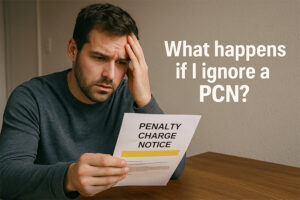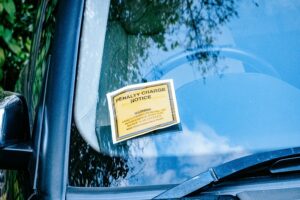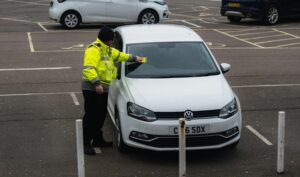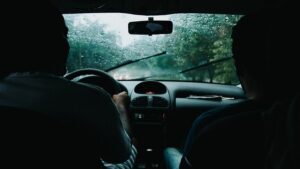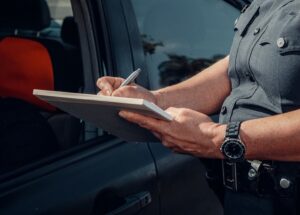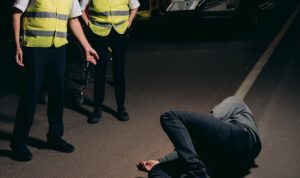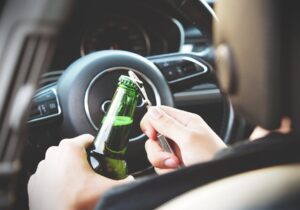How to avoid a speeding fine?

There is clearly a self-evident answer to the question of how to avoid getting a speeding fine? That is not to break the speed limit!
After all, the speed limit is there for a reason – public safety – and therefore, it needs to be upheld. The debate over what levels speed limits should be set at rages on; while many complain that too many speed cameras are strategically located in places where motorists are most likely to speed. They are seen as ‘cash cows’, a means to generate revenue rather than to reduce the number of people who break the speed limit.
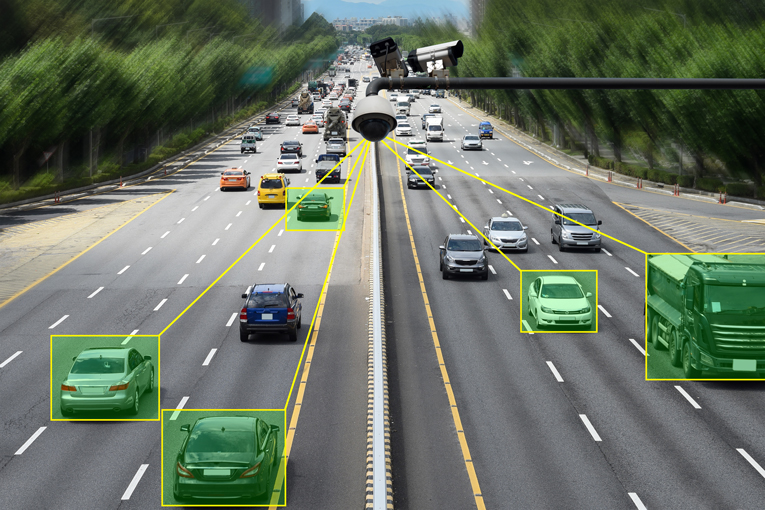
Slow down, save lives
Research has shown that if the intention is to protect lives, then ‘speed traps’ should be located in places where speeding can be easily seen to endanger lives, such as the approaches to a school, and not hidden behind trees on a leafy country road. However, irrespective of where you are caught speeding, if you have broken the law, then you have little to help you avoid having to pay a fine.
The situation could be appreciably more severe if, over a period of time, you have already amassed nine penalty points on your licence. One more speeding ticket could well see you lose your licence and be banned from driving for several months.
Whilst many of us would, with considerable disdain, accept the first speeding ticket and pay the fine, this might not be the best policy to adopt. One has to look at the worst-case scenario. However, if you were to end up with four speeding tickets and had not checked the validity of the previous three, you may end up losing your licence when you could have avoided it.
How fast is fast?
The same also applies where you may have been caught for travelling at speed sufficiently in excess of the speed limit for your driving to be deemed dangerous, and therefore you could receive an immediate driving ban irrespective of whether or not you had any penalty points on your licence.
One of the most significant contributions to speeding is the level of comfort and sense of protection we are afforded by today’s cars. Fifty years ago, you would sense the level of increased danger the faster you drove in a car. Today, cars are so quiet and comfortable; there is little to suggest that you are in any form of danger.
Besides, one of the most common reasons for speeding is simply the flow of traffic around you. According to an RAC traffic report in 2017, 23% of those caught for speeding blamed it on the fact that their speed had been influenced by the speed of other traffic around them. In other words, it is not a conscious or willful, deliberate act in many cases.
Can you avoid paying a fine or having your licence endorsed if caught speeding?
The straightforward answer to this question is “yes”, but the ability to do so will depend on any one of a number of external factors. These all depend on what is seen as the ‘letter of the law’. There have been many high-profile cases where celebrities have avoided the consequences of being caught for ‘allegedly’ speeding, through a legal technicality.
From a layman’s point of view, ‘getting off on a technicality’ may be seen as morally wrong and worse, only the privilege of those who can afford to pay for a high-stakes lawyer and barrister to argue their case.
From the point of view of solicitors, our opinion is that if the law has not been correctly followed or implemented when bringing a driver to court, then the driver should not be convicted, irrespective of whether they were speeding or not.
To be effective and to work to its very best intentions, the law has to be applied correctly, not ‘approximately’. Consequently, we feel that irrespective of the charge, if a driver ‘gets off’ on a technicality, it is the right decision.
What to do when you receive a speeding ticket?
So, if you receive a speeding ticket, the following should be adhered to:
- You (or the registered keeper if it was not your car) should receive a notification of intended prosecution (NIP) within 14 days of the speeding offence after which you or they are required to inform the police who was driving the vehicle at the time of the incident. Failure to do so will see the car owner fined £100.00 and receive six penalty points on your licence.
- Following confirmation of who the driver was, you will receive further notification of the police’s intention to offer you a penalty of points on your licence and a fine. You will also be given the opportunity to attend a speed awareness course, which you will have to pay for but which means your licence will not be endorsed; or you will receive a court summons (for particularly severe circumstances).
- If you were the person caught speeding, then you will receive a new NIP, and you should check to see if the original one had been sent to the owner of the car within the 14-day time limit.
How to challenge a speeding fine?
If the government has failed to do any of the above, you can challenge the validity of the intended prosecution.
However, it is a misconception that if any of the documentation sent has a minor spelling error or error in the vehicle description, such as describing it as green when it was blue, that error will nullify the intended prosecution. That is not true.
However, what does need to be correct is the date, time, speed and location of the incident. If any of these are wrong, then you can challenge the intended prosecution.
Finally, you can challenge the accuracy of the equipment used to assess your speed, though unless there is something wrong with the speed it indicated you were travelling at, it is a pretty pointless exercise as you would need to be an expert in the machinations of speed cameras before you could even begin to challenge anything, and you would also require watertight proof.
While high-profile cases have shown that having a motoring lawyer defending you can be of benefit, do not be misled as there have been many cases that were also challenged, with lawyers charging vast sums of money, but which were unsuccessful.
Our advice would be to check the basics of the NIP and only if the likely outcome would see you lose your licence would we recommend you engage the services of a motoring offences solicitor to defend you to the court, making them aware of the hardship losing your license would likely cause, and which could perhaps be deemed an excessive penalty in relation to the offence.
Key Takeaway
If you have an impending court case for a speeding prosecution and the outcome might see you use your licence, here at Qredible.co.uk, we would strongly recommend you contact one of our motoring offences solicitors. They have defended many people who have found themselves in the same position as yourself, and while it would be wholly unethical to make any guarantees or false promises, they have assisted many convicted motorists achieve an outcome that was not as bad as they had anticipated or feared.
If you have been caught speeding, why not contact one of our speeding solicitors, tell them the details of your predicament, and they will be more than happy to assist.
Do you need a solicitor?
Find a solicitor on Qredible in just a few easy steps









